How & Why to Start an Emergency Food Pantry

We have been seeing many people panicking and starting to buy bulk foods in order to stock up for emergencies. Today I want to talk to you about whether we should all be starting emergency food pantries, and if so, how to do it. Moreover, I will share how I am approaching this issue at my own home.
Is there a need to stock up on food?
I have done some research, read some articles, and watched news segments, and I am not panicking. There are no empty shelves, and we are good for now. However, going into this with reason guiding me rather than fear, I believe we should be prepared for anything.
As the keeper of my home, it is my job and my responsibility to always be prepared for unknown circumstances.
How am I stocking up?
With inflation, food prices have been going up, making us raise our grocery budgets. Therefore, I have decided that the extra $100 in my budget is going toward my stocking-up budget. I am being very strategic about what I purchase and the amount of money that I am going to spend on this.
Stocking up is not about buying loads of food today and putting it away. It is a long and gradual process. We are not seeing an imminent danger to hurry and go stock up right this second or we are going to starve to death. Every week, just buy something to add to your emergency pantry.
What are the best foods to buy in bulk for an emergency pantry?
Before you stock up on food, sit down and think about what your personal emergency food pantry should contain. If you are a meat eater, you are probably going to want to have meat. However, remember that this is for emergencies, so pick the basic ingredients that can feed your family consistently.
Think about fruit and vegetables: there are canned options, of course, and I always recommend having a garden if you can afford it. The garden is the best way to obtain fresh vegetables.
In addition, any sort of sprouting seeds like broccoli sprouts or alfalfa sprouts that you can sprout in a jar on your counter would be great for having fresh crunchy greens to add to a meal.
How do I store it?
I store all of my grains and beans in five-gallon buckets that I purchased at Tractor Supply. The buckets are $4.99. The gamma seal lids are much more expensive - $10.99. You do not have to purchase those; instead, you can just get inexpensive lids that fit five-gallon buckets.
However, if you have children, I do recommend purchasing those gamma seal lids. They are kid-friendly and really gentle on your hands, as opposed to those other lids that can really hurt your hands.
You can also purchase these supplies at WinCo and on the Azure Standards website, as well as at the bakery section at different grocery stores.
If nothing happens, how do I plan to use up this food?
All the food I am buying is food that we already eat. Therefore, we will just start adding it to our meal rotation and eat it up, and I will replenish the pantry with new supplies as we do.
By December 2024, if nothing has happened and we are just plowing through that food, I will start replenishing those ingredients. Of course, I have written down the expiration dates for all of the supplies I have purchased to make sure nothing goes to waste.
What is in my emergency food pantry?
- 3 12-pound bags of brown rice
- 12 jars of salsa
- 4 25-pound bags of flour
- 8 1-pound bags of gluten-free pasta
- 6 2-pound jars of applesauce
- 2 gallons of apple juice
- Black beans
- Pinto beans
- Green beans
- Kidney beans
- 12 pack of tomato sauce
- Coconut milk
- Coconut cream
- Amy’s organic soups
- Corn
- Canned mixed fruit
- Rolled oats
- 1-gallon jars of lentils, soybeans, popcorn, garbanzo beans, white beans, cranberries sweetened in apple juice, and quinoa.
- I am planning to buy more juice, more applesauce, more salsa, soup and ketchup.
How do I know that I am done?
For me, the stopping point will occur when I recognize that I have enough ingredients to put meals together for at least three months.
I do not have a huge food supply and I do not see a reason to have one at this point.
I am just slowly building mine up week by week, and I am really proud of it. I am not going over budget, I am not panicking, I am being very intentional and rational about it, and it is coming along great.
How & why to start an emergency food pantry
I hope this video inspires you to be a prepared keeper of your home. I believe that being ready for all kinds of situations and thinking ahead is what being a good steward of your home should be.
Have you started your emergency food pantry? What is going in it? Let me know in the comments!
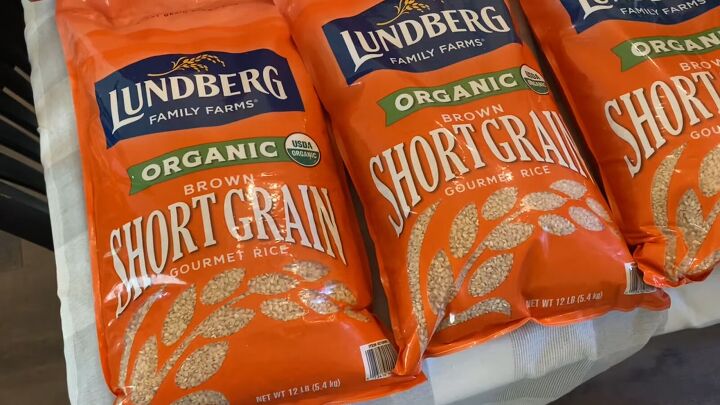


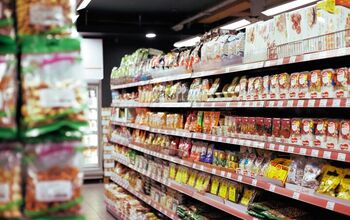
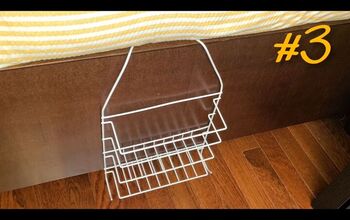

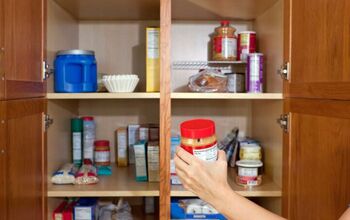
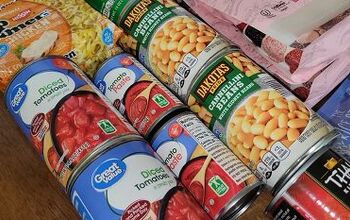

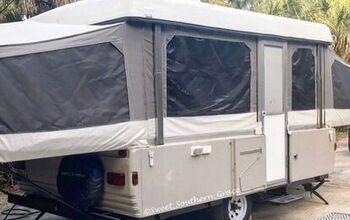

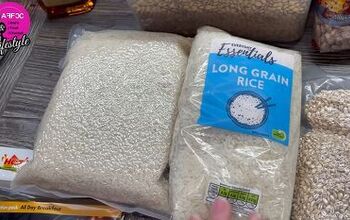

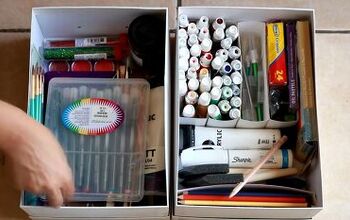
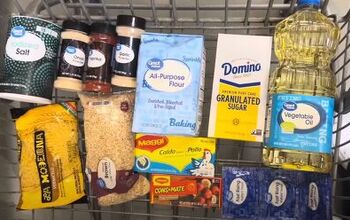
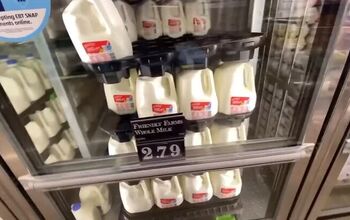
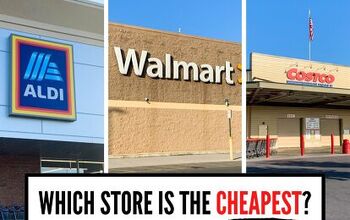
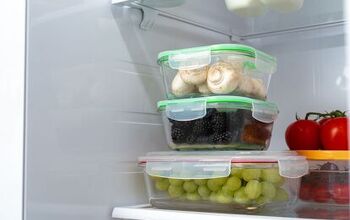

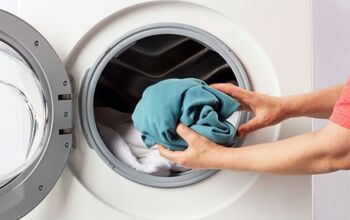

Comments
Join the conversation
Thank you for enlightening me! I’ve thought about starting an emergency supply but wasn’t exactly sure where to begin. The “meat thing” is a bit of a challenge. However I can get canned chicken, tuna, salmon, stews, etc…you’ve given me slot to chew on. 😂
My stock is just on shelves in my basement, and I do have a few emergency meal kits and MREs, as well as several giant cans of veggies (those giant cans in the bulk section are cheaper compared to buying many smaller cans). As a caregiver with 7 people in my house with disabilities and who receive SSI/Medicaid, we are limited as to how much money anyone can even have in the bank, even for emergencies, so I've been stocking up on essentials for years. We'll never run out of TP, and I can rotate out those bulk cans but donating them to local shelters before they expire. The other thing to consider stocking is vinegar, baking soda, 100 proof alcohol, face masks, hand sanitizer, and certain medical supplies since many of these items have long shelf lives and are extremely useful for other tasks, like cleaning and disenfecting. I also have a lot of camping supplies that are useful for emergency if needed (small cans of propane, for example). Planning ahead is essential for households receiving any benefits or assistance; the idea is to prevent your household from needing emergency aid during disasters or whatever life brings. If your household is safe, maybe you can even help those around you~ https://www.fema.gov/emergency-managers/individuals-communities/preparedness-activities-webinars/community-emergency-response-team
#EmergencyPlanning